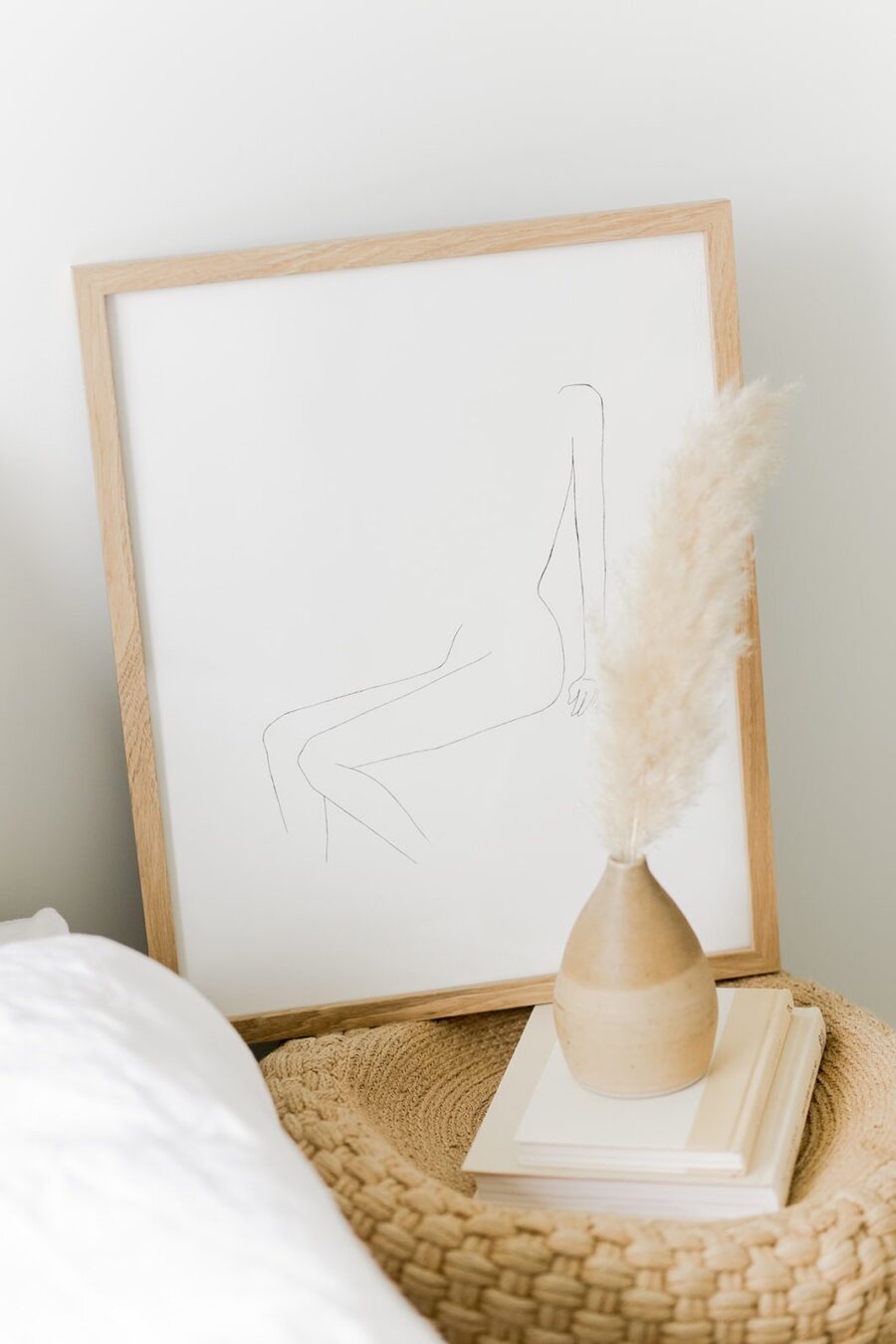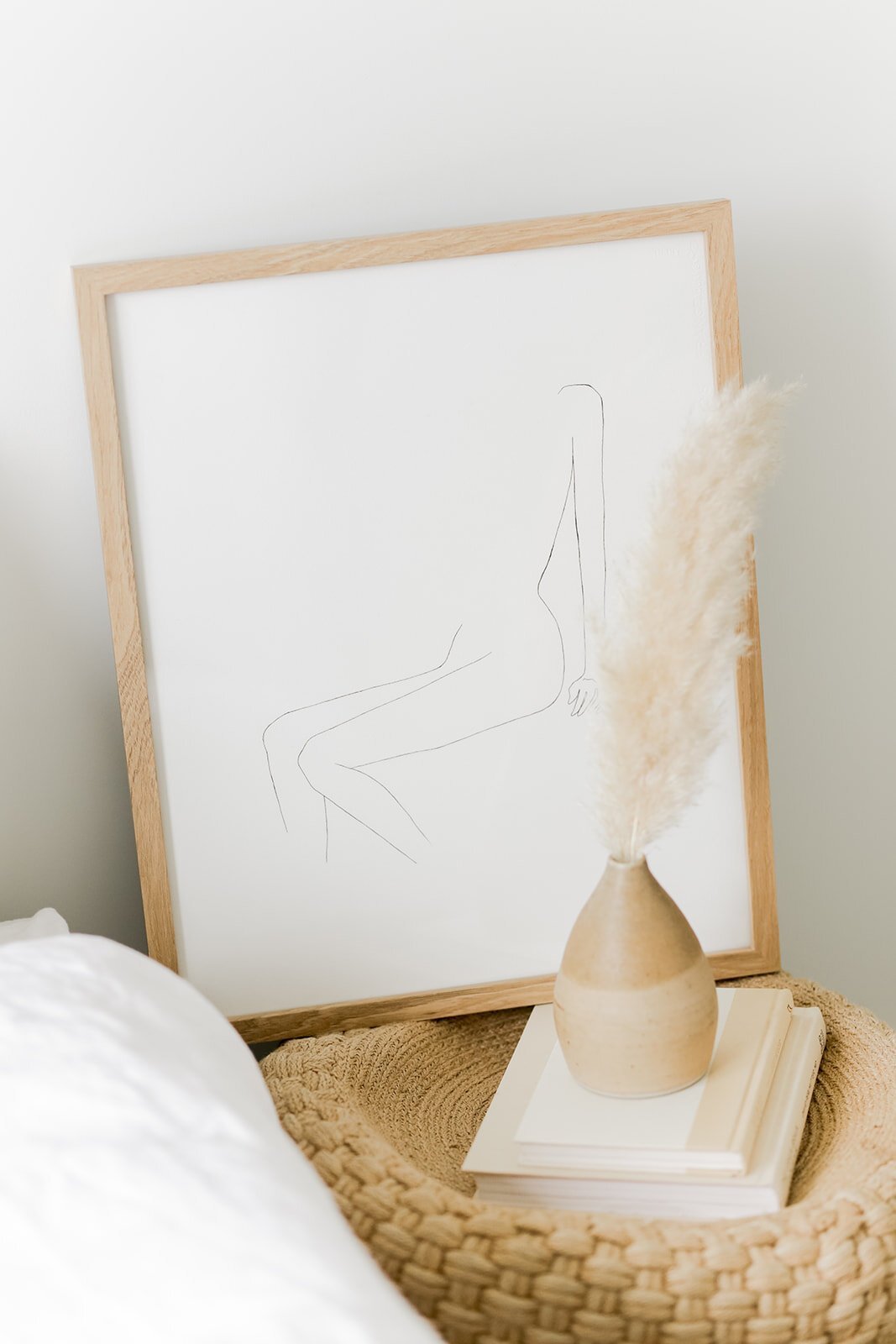
How To Start A Journal (Even If You Hate Writing)
Journals don’t have to be perfect.
My childhood diary is nowhere near picture-perfect. Sporadic and strewn throughout various half-empty journals and pieces of scrap paper, its entries live alongside to-do lists and incomprehensible doodles. Many entries are dripping with woe about unrequited crushes, and some are insightful captures of important days, both personally and culturally.
All of the entries, though, are snapshots of what the world looked like to me in my youth. And, like with a set of cherished baby footprints, I can look back and see how much I’ve grown. What’s also striking are the through lines: little details that show the lovely ways I’ve stayed the same. I treasure these records.
So, in my adult years, I’ve established a consistent journaling habit in the hopes of continuing to track my growth and capture those snapshots of my life for future versions of myself to enjoy.
If you want to embark on a journaling journey this year, here’s everything you need to know to get started.
Why Should You Journal?
There are dozens of studies from the past couple of decades that explore the value of expressive writing. Some have shown that journaling can have positive effects on our emotional, mental, and even physical health. But I think it’s much more personal than that.
“Maybe that’s what you need: more space to feel. Or maybe you want to keep detailed records of your daily life…Whatever it is that you need, you can set that intention as you write.”
I started my journal, for example, from a deep place of self-doubt. I was aware that my existing habits and self-limiting beliefs were not working for me, and realized the painful truth that the only way to change my situation was to actually change. Journaling, then, became my way of mapping out a path forward.
I began writing every night, right before bed. A single page to track my days became the cornerstone for monumental change in my life. I went to bed earlier to make time for my ritual, I reignited my love of writing, and I developed a greater vocabulary to express myself during challenging times. I eventually added a morning journaling routine, too, to create more space for every feeling, even the mundane ones.
Maybe that’s what you need: more space to feel. Or maybe you want to keep detailed records of your daily life. Or, perhaps you’re tired of doing things the same way you’ve always done them. Whatever it is that you need, you can set that intention as you write.
Journaling Tools: Do You Really Need Them?
The short answer is no. You can get started with a crayon and a piece of junk mail. But, using tools that you enjoy can help make journaling a more sustainable practice. Yoobi and Bright Books have good hardback journals that I use in the evenings since they’re just the right size for cozy writing in bed. I keep a set of gel pens on my nightstand so I can pick a color according to my mood; bright, shimmery pens keep me writing on nights I’d rather go straight to sleep.
“The tools you use should serve to enhance the experience, not make it frustrating or prohibitive.”
If you’re journaling at a desk, a spiral-bound journal might be a better option since it lays flat. For my morning journaling practice, I write at my dining table and use a simple store-brand spiral-bound school notebook, and whichever pen writes the fastest.
What works for me most certainly won’t work for everyone, though. Are you a lefty? That can change the experience. Some brands make left-handed notebooks, and keeping an eye out for non-smudging pens is key. Perhaps digital journaling works best for you; 750 Words is a fun tool for self-examination, and there are several great apps for journaling on-the-go. But, don’t let fancy apps get in your way: a simple offline doc works just as well. Finally, written journaling isn’t accessible (or interesting) for everyone, so audio journaling, video journaling, and art journaling are excellent alternatives.
The tools you use should serve to enhance the experience, not make it frustrating or prohibitive. If you don’t have the picture-perfect journal and pen, don’t worry—journals don’t have to be beautiful to be effective. Start when you want, and use what you have.
Topics To Journal About
This is the question I get asked most (and it’s the question I ask myself the most). Some days, the words come easily and I can write seamlessly for pages. Other days, it takes everything I have to fill even half of a page. Occasionally, I write, “I don’t know what to write about” over and over until I come up with an idea (or run out of time).
Just like the “why,” everyone’s “what” is personal and unique. You might journal about your dreams, goals, finances, or relationships based on what your intentions are. If you’re just getting started, take a few entries to express what your goals are with this new habit. It’s okay if your journaling goals change over time, but setting some initial intentions can be a powerful way to begin your practice.
Here are a few of my go-to topics for times I’d rather not write about my day.
Write about what you’re grateful for, down to the smallest things.
Ask yourself how you’re feeling, and answer truthfully.
Set goals for tomorrow, and walk through how you’d like your day to go.
Describe your surroundings and what senses you are experiencing.
Write about a friend you’re proud of, or what you hope for them in the future.
For more topics, check out this list of ideas that help you get a little introspective, or subscribe to this newsletter for a fresh topic each Monday.
When And Where To Write
The physical practice of taking yourself aside and spending quiet time with your thoughts is almost as important as the thoughts themselves. If you can, find a space you feel comfortable expressing yourself that’s free from distraction and prying eyes. I like to make sure my writing space is clear from clutter, but sometimes chaos wins. Don’t let that stop you!
“The physical practice of taking yourself aside and spending quiet time with your thoughts is almost as important as the thoughts themselves.”
If you live in a small space with a partner or family, maybe plug in some noise-canceling headphones and stake out a corner. Or, you can get out of the house altogether if it suits you. Journaling at coffee shops sounds romantic and mysterious, but it can put you in a vulnerable position. (People love to peer over and ask, “whatcha writin’?”)
I write as part of my morning routine, and it’s the last thing I do at night, which is a cadence that works for me. But, I don’t have kids and I have a consistent work schedule, so this approach won’t work for everyone. If you’re looking to integrate the habit into your existing schedule, identify spaces of time that you engage in a habit you’d like to reduce: your morning Instagram scroll, a Netflix binge, or maybe you cut your news consumption down and make peaceful time for this personal habit instead. Aim for consistency, but allow space for the occasional missed entry.
You don’t need to set aside a full hour for this practice, either. I find that 30 minutes is ample time for me to get the thoughts flowing, but work with the time you have. Maybe you keep a small notebook with you at all times and jot a few thoughts down before you head to class or while you’re waiting for the bus.
What To Do With A Complete Journal
“I can see clearly where my head was at, how the season was affecting me, what I was excited about, and relive moments I’ve already forgotten.”
If you maintain a journaling habit for years, you’ll eventually find yourself toting around a heavy handful of moleskins. Some people journal for posterity, some people journal just to throw those thoughts away in hopes that better ones will come along. I journal for myself—my future self, actually. Once a week or so, I like to read the journal entries from exactly one year ago. I can see clearly where my head was at, how the season was affecting me, what I was excited about, and relive moments I’ve already forgotten. I can see how things I hoped for at that time have been realized, and the work I still need to do for myself.
Some people want to hand their journals down to their children, but that can get tricky: imagine getting dozens of books filled with notes about what your parent ate decades ago. If you do want to hand the journals down, share that hope with your family. There’s so much to unpack throughout one’s own life that unpacking another’s can be overwhelming. Consent on both ends, for something this personal, is key.
If you can’t bear to move the piles of notebooks from place to place for the rest of your life, it’s also okay to recycle them when they’re full. While this method might not work for me (I’m very protective of my personal writing), it’s helpful for people who want to use their journal to explore thoughts and occurrences they’d rather leave behind. If privacy is a concern, consider taking them to a shredder or burning them (if they’re nontoxic paper and ink). Ultimately, the only person who gets a say in your journal storage is you.
Creating a journaling habit is all about giving yourself time, space, and the grace to keep trying (because you’ll inevitably miss a day or two—or ten). Just keep writing, and share your discoveries in the comments below!
Emily Torres is the Editorial Director at The Good Trade. Born and raised in Indiana, she studied Creative Writing and Business at Indiana University. You can usually find her in her colorful Los Angeles apartment journaling, caring for her rabbits, or gaming.





